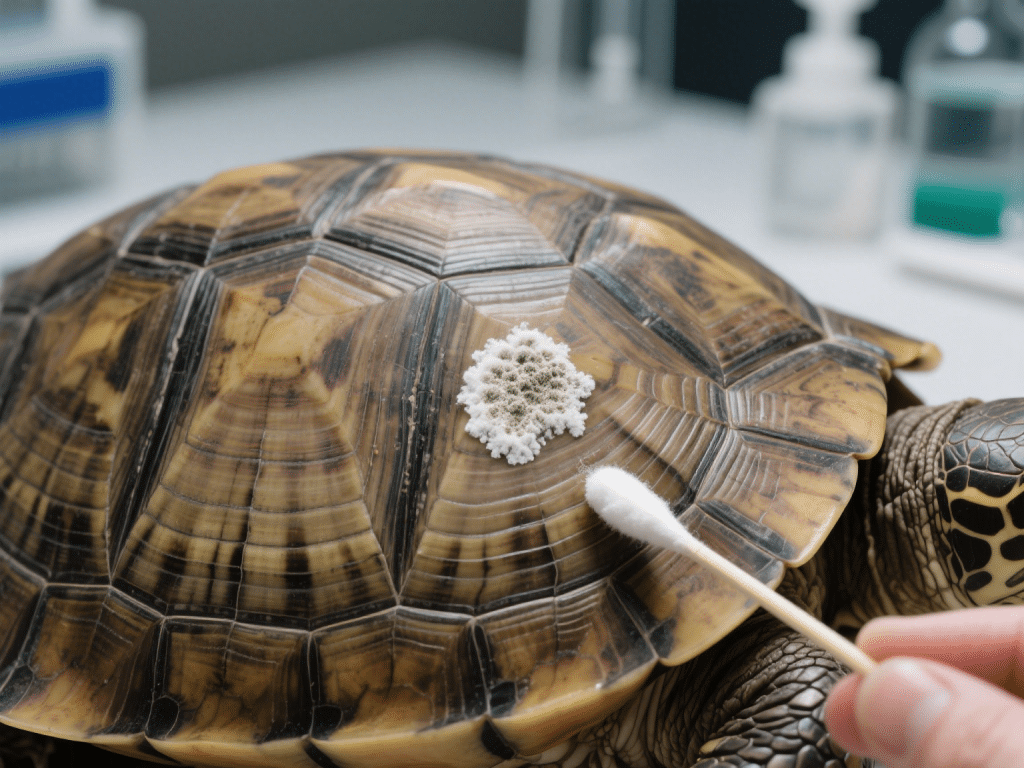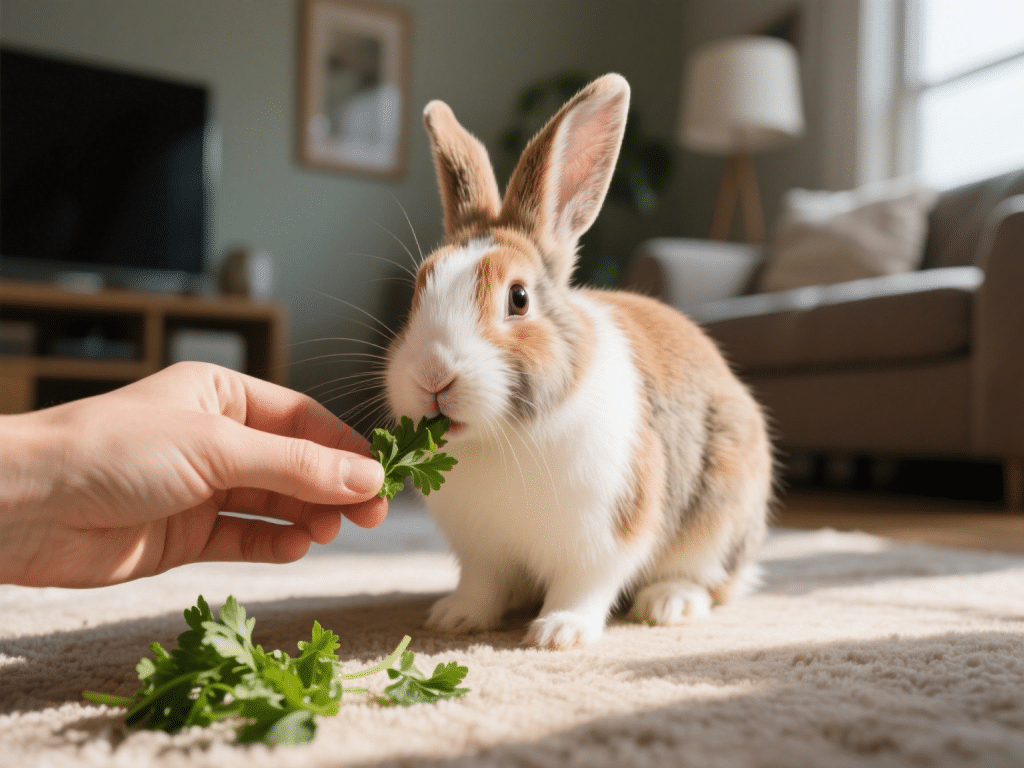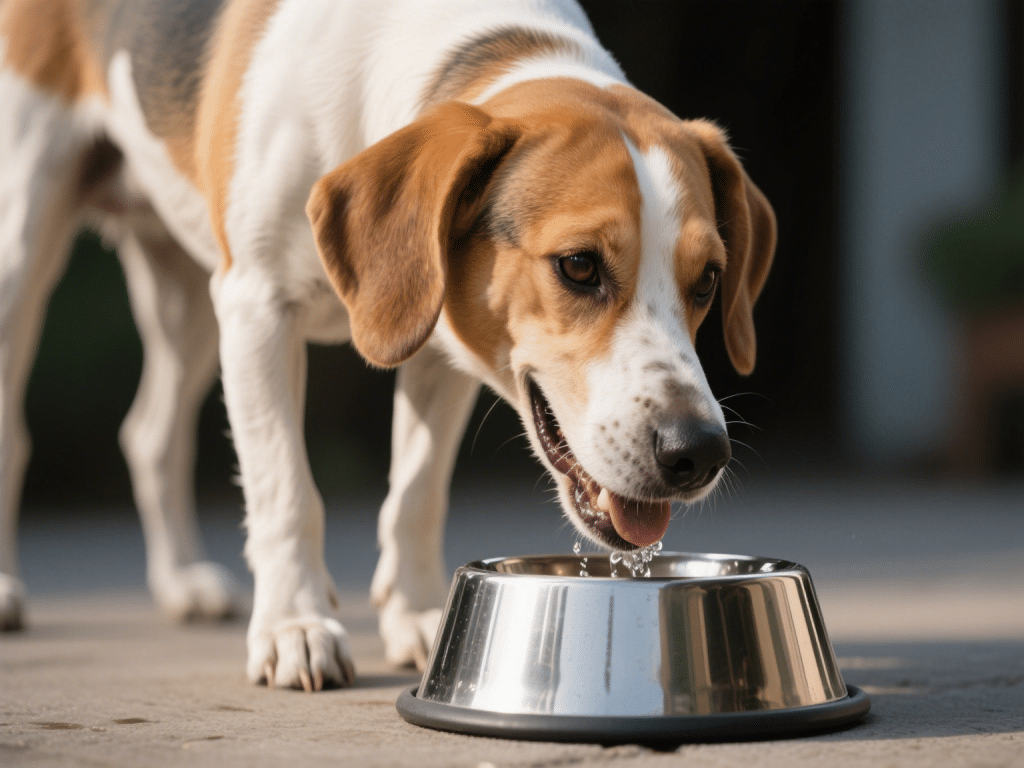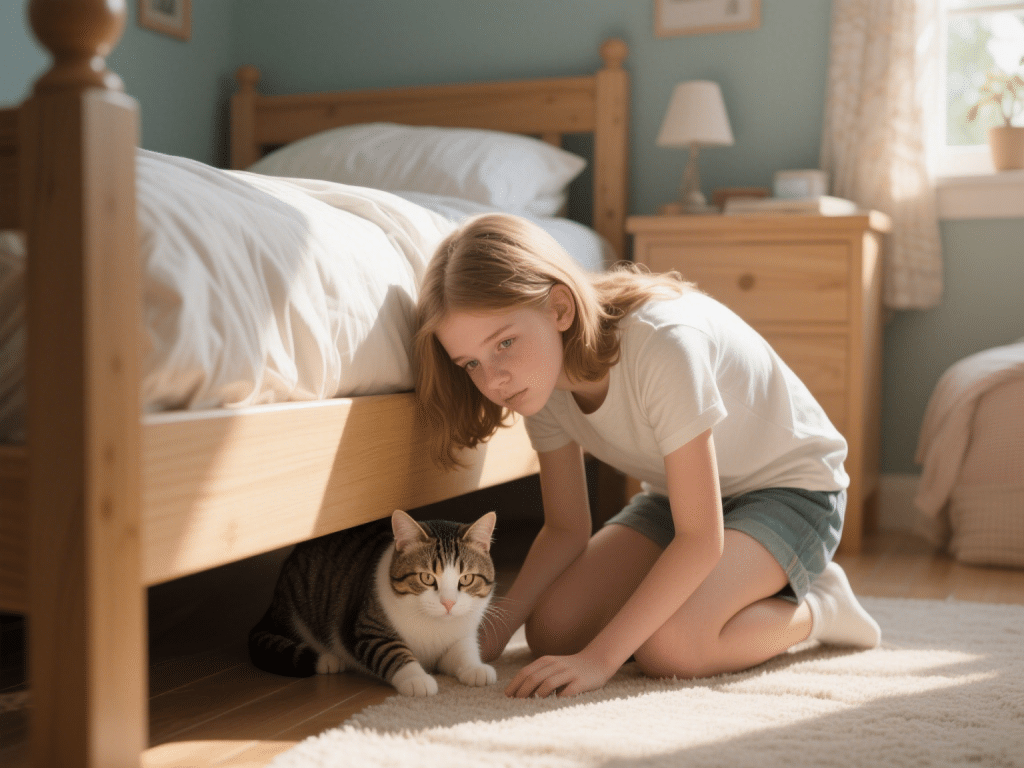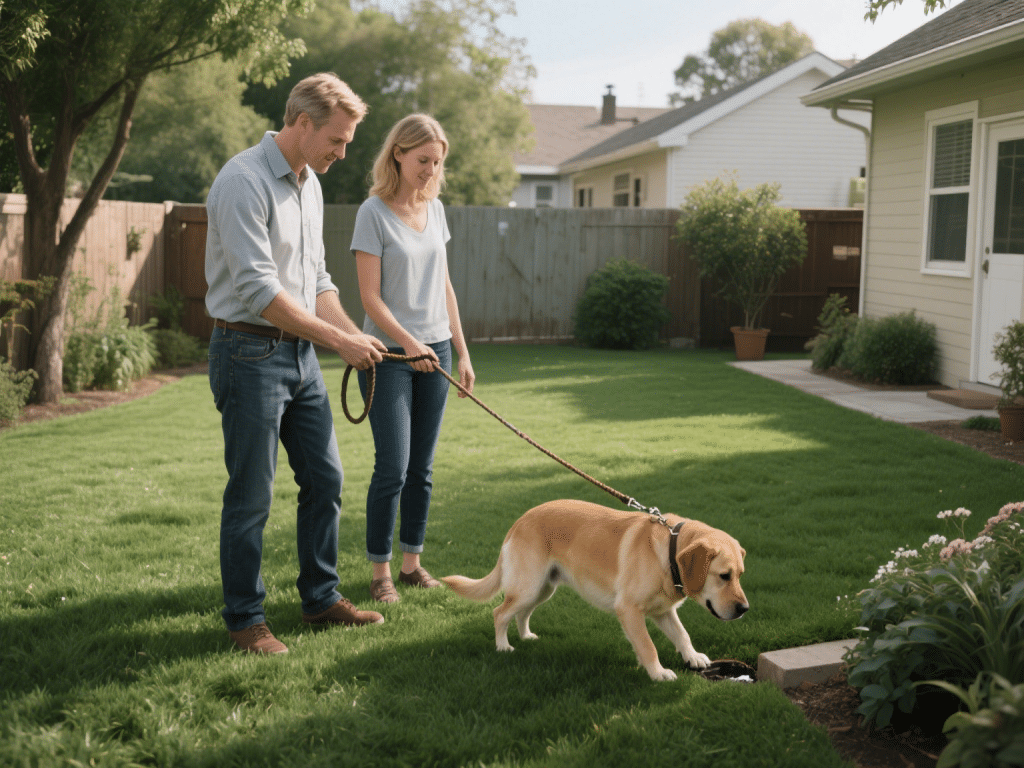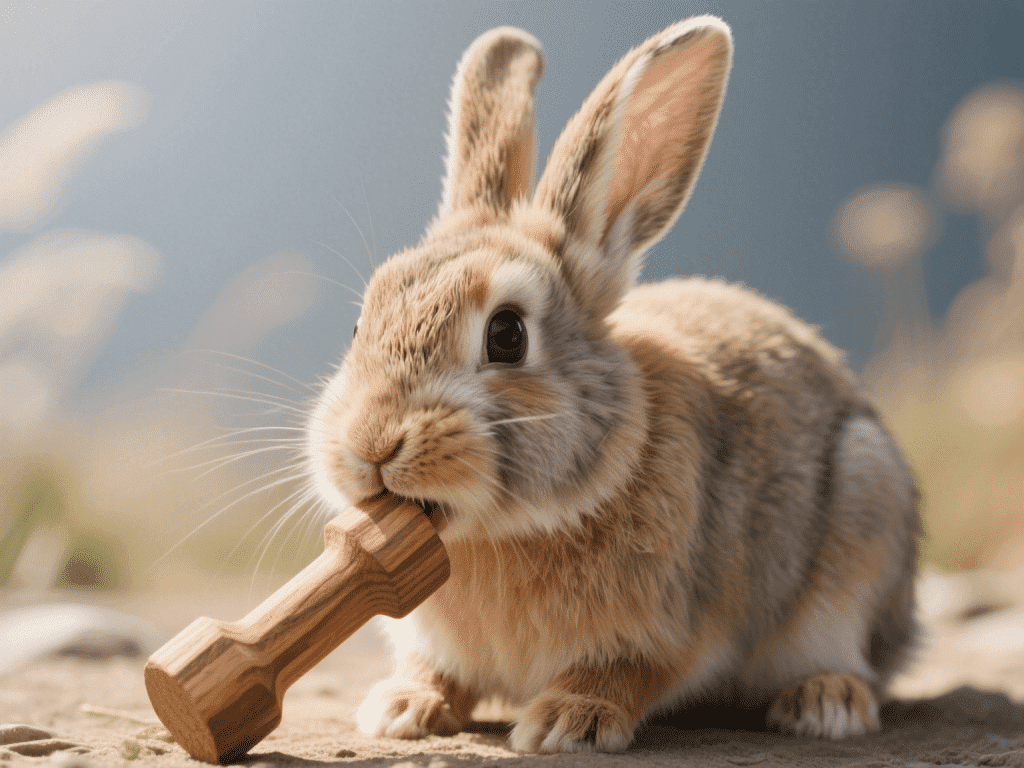
Rabbits’ teeth grow continuously—up to 2 mm per week—and improper wear leads to serious health issues. In my decade as a rabbit care specialist, I’ve seen how simple adjustments avert painful dental disease. Here’s your complete roadmap.
1. Why Rabbit Teeth Matter
Overgrown incisors and molars can cause abscesses, malocclusion, and GI stasis. Early detection and preventive care spare your rabbit from invasive dental surgery.
2. Diet: The Cornerstone of Dental Wear
– Unlimited Grass Hay: Timothy, orchard, or oat hay encourages natural grinding.
– Fresh Greens: Romaine lettuce, cilantro, and dandelion greens add moisture but never replace hay.
– Limited Pellets: High‑fiber, low‑protein pellets (¼ cup per 2 lbs body weight) ensure balanced nutrition without promoting overgrowth.
3. Enrichment for Proper Grinding
Provide safe chew toys (apple wood sticks, untreated wicker balls). Rotate toys weekly to keep your bunny engaged. Foraging boxes filled with hay encourage natural gnawing behaviors.
4. Recognizing Early Warning Signs
Watch for drooling, droppings that are fewer or misshapen, reluctance to eat, and weight loss. These subtle cues often precede advanced dental disease.
5. Routine Home Dental Checks
Gently inspect your rabbit’s incisors weekly. Look for uneven wear or chips. If you notice overgrowth, schedule a veterinary trim—attempting DIY filing risks injury.
6. Professional Veterinary Care
Semi‑annual wellness exams should include intraoral inspection under light sedation if necessary. Radiographs catch root elongation before it causes abscesses.
7. Post‑Trim Recovery
After professional tooth trims, some rabbits experience mild anorexia. Offer strong‑scented treats (dandelion leaves) and high‑fiber critical care mash if needed, under veterinary guidance.
8. Long‑Term Dental Wellness Plan
Maintain a logbook of diets, toy rotations, and vet visits. This data‑driven approach helps you adjust care as your rabbit ages.

